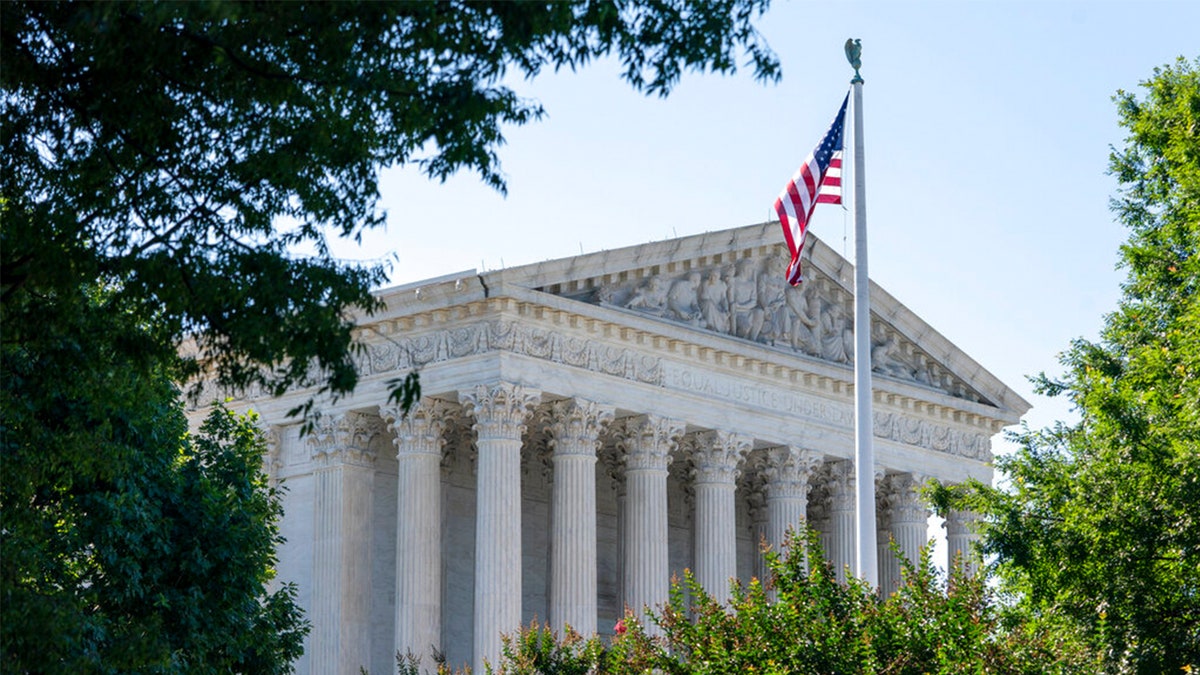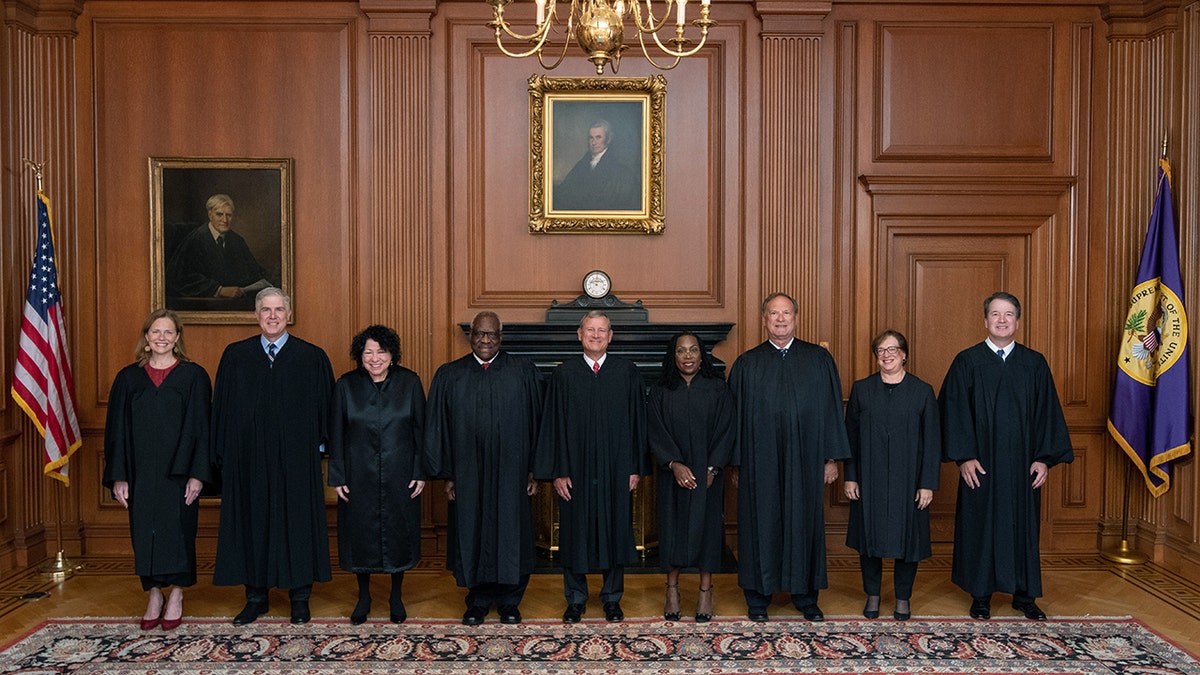In a significant win for the Biden administration, the Supreme Court ruled 8-1 that Texas and Louisiana lack the legal standing to challenge a federal policy that prioritizes certain categories of illegal immigrants for arrest and deportation. The policy, implemented by the Department of Homeland Security (DHS), focuses ICE agents on apprehending recent border crossers, threats to public safety, and national security risks.

Justice Brett Kavanaugh, writing for the majority, described the lawsuit as "extraordinarily unusual," emphasizing that federal courts typically don't entertain cases where states seek to compel the executive branch to increase arrests. Justice Samuel Alito dissented, arguing that the ruling gives the president excessive power to disregard laws and that the court overlooked a key precedent on standing. He further asserted that the decision prevents parties harmed by the policy from challenging it in court.
DHS Secretary Alejandro Mayorkas welcomed the decision, stating the policy allows the department to efficiently allocate resources and prioritize the apprehension of individuals deemed threats to national security, public safety, and border security. This ruling follows a notable decline in ICE deportations since the policy's implementation in 2021, a trend criticized by opponents who view it as a weakening of border security.
The states argued they incurred increased law enforcement and social service costs due to the policy's impact on illegal immigration. However, the Supreme Court rejected this argument, clarifying that while financial burdens constitute an injury, the harm must be legally recognizable to establish standing. The court emphasized that this ruling doesn't preclude states from ever having standing in cases involving alleged failures to make arrests, especially if the executive branch completely abandons its enforcement duties.

Justices Neil Gorsuch, Amy Coney Barrett, and Clarence Thomas concurred with the judgment but offered a different perspective on the jurisdictional issue, arguing that the states lack standing because federal courts lack the authority to remedy their claimed injuries. Mayorkas praised the ruling, indicating DHS will reinstate the guidelines. This case is among several immigration-related challenges before the Supreme Court, including disputes over the Title 42 public health order and the "Parole with Conditions" policy, which allowed the release of migrants without court dates due to overcrowding.
Comments(0)
Top Comments